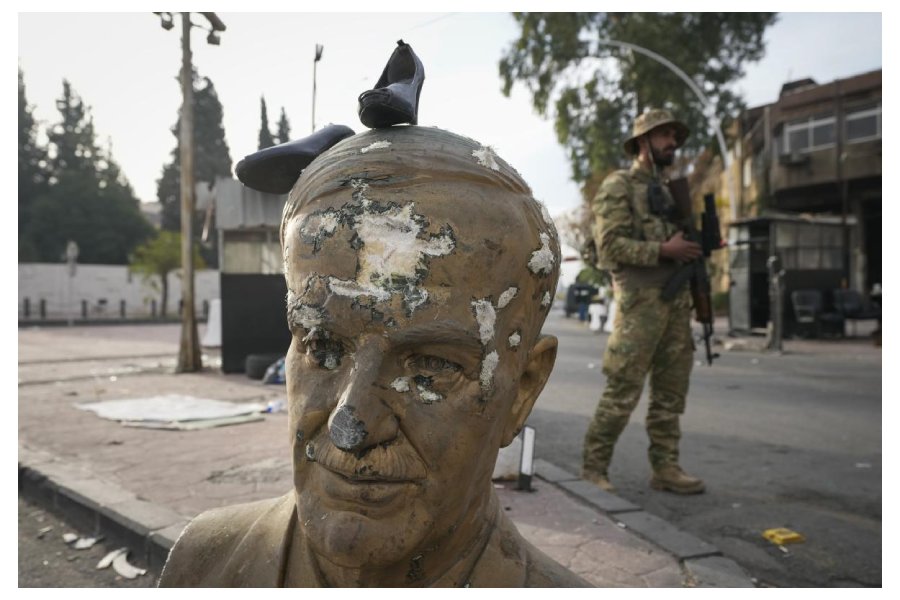The global chemical weapons watchdog will hold an emergency meeting on Thursday to discuss the situation in Syria over concerns about the country's stockpile of toxic chemicals.
The Organisation for the Prohibition of Chemical Weapons told Syria on Monday it is under obligations to comply with rules to safeguard and destroy dangerous substances, such as chlorine gas, after rebels entered the capital Damascus at the weekend and overthrew the regime of President Bashar Assad.
The meeting was called by the organisation's executive council to discuss the current situation in Syria as well as the status of ongoing investigations in the country.
Members of the ousted Syrian government plan to gradually transfer power to a new transitional cabinet headed by Mohammed al-Bashir, who reportedly headed the rebel alliance's “salvation government” in its southwest Syrian stronghold.
Outgoing officials met for the first time Tuesday with al-Bashir, who told reporters that the transitional period would last until the beginning of March.
Assad's regime denied using chemical weapons, but the OPCW has found evidence indicating their repeated use by Syria in the country's grinding civil war.
Earlier this year, it found the Islamic State group had used mustard gas against the town of Marea in 2015.
The US has said it will recognise and support a new Syrian government that renounces terrorism, destroys chemical weapons stocks and protects the rights of minorities and women.
“When it comes to this question of inspections and verifications, it is the responsibility of that organisation to conduct verification efforts under its mandate, not any of the member states or the United States or other states. That, the OPCW will do,” State Department spokesperson Matthew Miller told reporters in Washington on Tuesday.
Israel said it has carried out more than 350 strikes in Syria over the last 48 hours, hitting “most of the strategic weapons stockpiles” in the country to stop them from falling into the hands of extremists.
The Israeli military acknowledged pushing into a buffer zone inside Syria but it remained unclear if Israeli soldiers had gone beyond that area, which was established more than 50 years ago. Israel denied that it was advancing on the Syrian capital of Damascus.
The Kremlin said Sunday that Russia had granted political asylum to Assad, a decision made by President Vladimir Putin.











